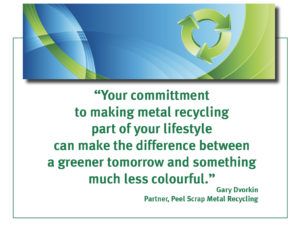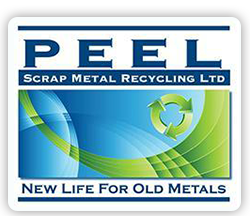
If you really did not know this, there is no need to be embarrassed. The answer is not a word that we would commonly put in the same sentence as “resource.”
Resources have a special place in our environmental word speak. They are aligned with mother earth, sustainability, ecosystems, and a host of other soothing words we use to describe the types of positive synergies and inter-relationships between our environment and ourselves that we are grasping to achieve before we manage to set the planet on its final path to a total flame-out.
On the other hand, the word that answers this question is raw speaks to excesses and refers to things that have historically been wholly abandoned and banished to the nether regions and darkest corners of our world.
If you haven’t already guessed, the only resource on the planet that is not in decline is waste. In fact, it’s a resource that is growing exponentially by the day. So let’s talk about that.
Characteristically, waste has a wholly negative connotation. According to Wikipedia: “Waste and wastes are unwanted or unusable materials. Waste is any substance which is discarded after primary use, or it is worthless, defective, and of no use.”
Really? Waste is produced using energy and resources. It contains energy and resources no matter what form it is in. And that energy and those resources can be released and reused if only we have the means and the will to do that. We are talking not only about scrap metal but also plastics, bio-waste, food waste, and any other kind of waste you can think of. We can now take plastic and extract the petroleum that was used to make it.
We can also reuse it in a number of ways such as reinforcement for roadbeds. We can take food waste and use it to grow new food. We can create electricity from waste. And so and so on and so on. It not only makes sense to do this, but it is also much, much more efficient.
Moreover, in a world of ever-expanding demand, as we continue to stress the environment with landfills and deplete traditional supplies of non-renewable resources, the ability to recover resources and reuse them should be incentive enough to look at the problem of waste in a practical way.
Nature Is An Excellent Model
Of course, nature has perfectly balanced production and decomposition to ensure sustainability. Waste products created by organisms and natural processes are entirely recycled by other organisms and processes. Human beings, on the other hand, produce approximately 2.6 trillion pounds of garbage in a year.
In Canada, alone we generate 31 million tons of garbage per year – about twice as much per person as in Japan. Of that 31 million tons, about 67% goes to over 10,000 landfill sites where plastic and glass will take about a million years to break down, aluminum cans 500 years to disintegrate, tin cans 100 years to dissolve, and paper 80 years to break down. And, the health and environmental concerns associated with these sites are disturbing.
The amount of readily available information, statistics, and technical discussion on this topic is legion. Our purpose in this blog is to just shine a little light on it. Coming up very shortly is Waste Reduction Week in Canada where you can find out more about all the initiatives being undertaken to help reduce waste in Canada. https://wrwcanada.com/en

This would be a good time for all of us to Start A New Habit. Because only the sum of our individual commitments to make recycling part of our lifestyle will make a huge difference going forward.
